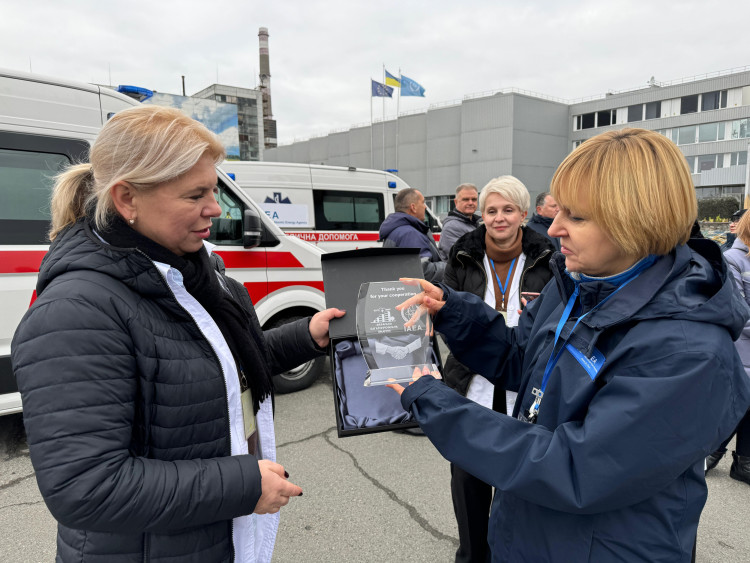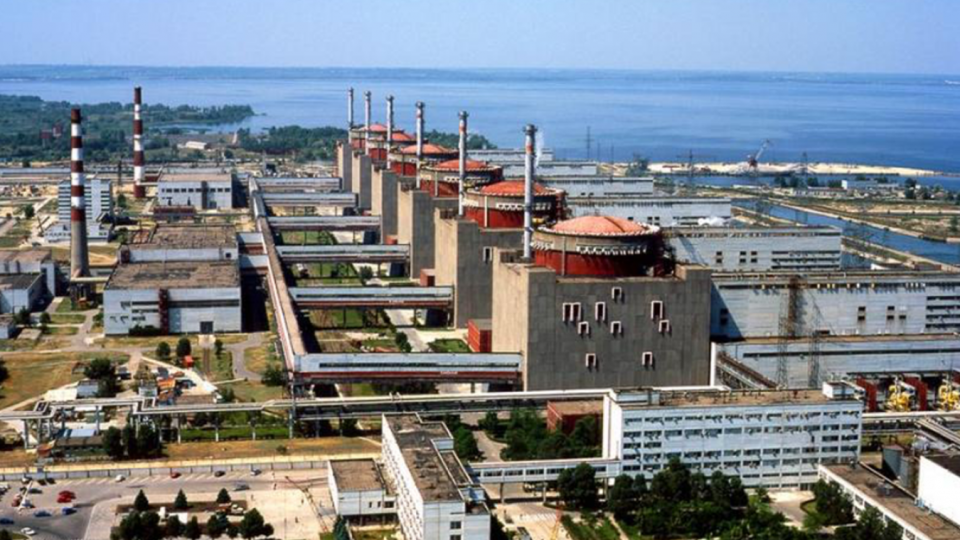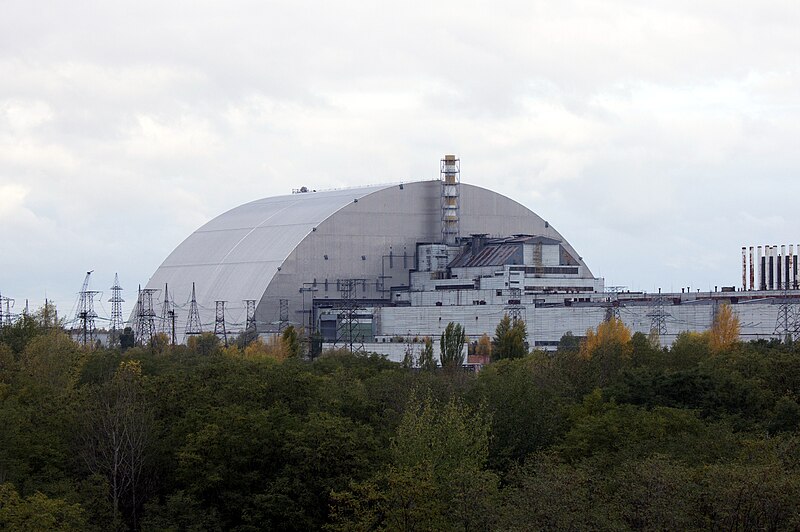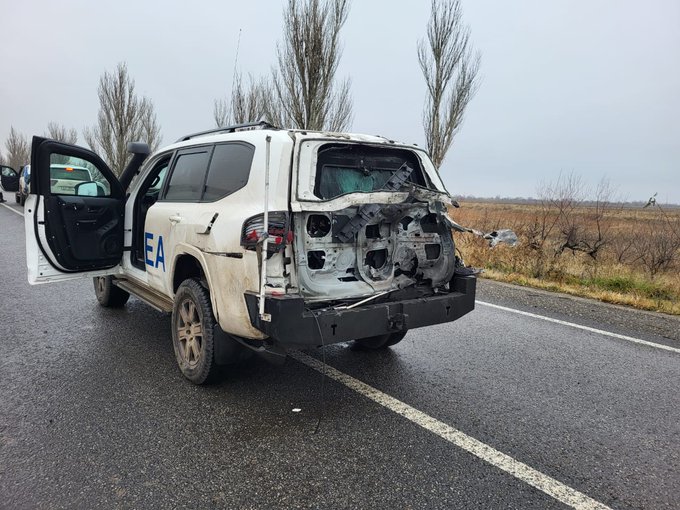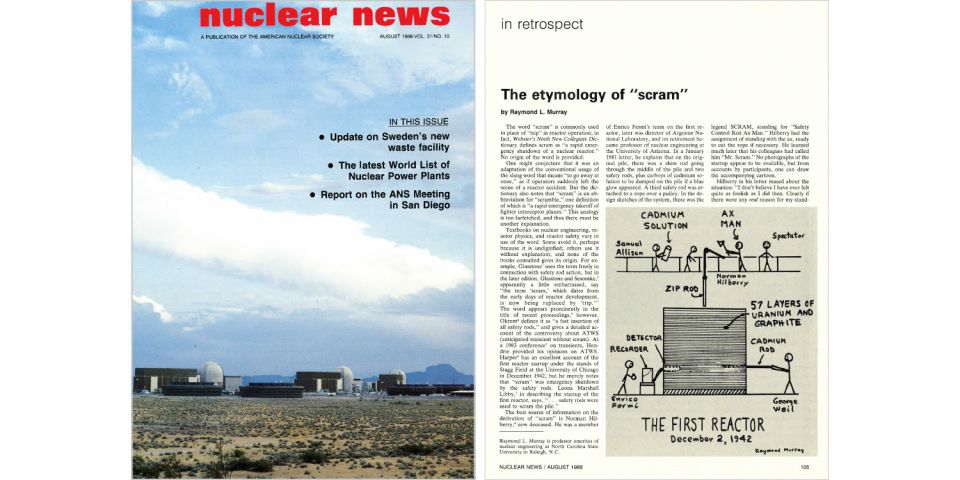Energy security and national security: The Post reporters note that since the outbreak of fighting in Ukraine and the uncertainty regarding Russian energy supplies, Belgium has halted the closure of two nuclear power plants, and the Czech Republic has requested nuclear fuel from Western companies to replace Russian energy sources. They add that Poland is negotiating for the construction of new nuclear facilities.
The reporters quote David Durham, president of Westinghouse’s energy systems business, who said that his company has signed memorandums of understanding with 19 companies or government agencies in a dozen countries, including Poland, Romania, and the Czech Republic. According to Durham, “They’re all doing it for the same reasons: decarbonization, energy security, and national security.”
Chernobyl: The reporters then write, “When Russian troops occupied two nuclear sites—including the Chernobyl complex, which famously blew up in 1986—international nuclear safety bodies called emergency meetings, while the European Union shipped iodide tablets to Ukraine to protect people from the harmful effects of any radiation release.” They then emphasize the risks of radiation leakage, writing, “Some experts question whether a building designed to contain radiation inside can withstand a missile from the outside.”
ANS and ENS: The Post article goes on to mention ENS and ANS. “The European Nuclear Society and the American Nuclear Society argue that the dangers posed by fighting around Ukraine’s nuclear sites have been inflated, and they warn against actions that manipulate public fear of radiation. ‘Nuclear power plants are not ominous facilities to be feared,’ the associations wrote in a joint statement. ‘Rather, they have already played an invaluable role in reducing air pollution, cutting greenhouse gas emissions, and reducing dependence on fossil fuels. And their future potential is enormous.’”
But Edwin Lyman, director of nuclear power safety at the Union of Concerned Scientists, said that ENS and ANS are not paying attention to the “close calls” in Ukraine. “Do they really want to be building nuclear plants close to the border of a country under threat?” he asks.
Radiation fears: The Post writers add, “Countries on NATO’s flank—those most at risk of direct conflict or radioactive spillover from a nuclear disaster caused by Russia’s war in Ukraine—appear to be leaning toward the associations’ view. . . . Chernobyl is back under Ukrainian control, and nuclear officials said the month-long Russian occupation there did not cause any major radiation leak.”
Regulators: The reporters conclude by quoting C. J. Fong, deputy head for regulation at the OECD Nuclear Energy Agency. “The war in Ukraine has certainly started conversations about whether a change to the security posture of nuclear plants is needed,” he said, “but I think what you’re seeing from regulators is a cautious, deliberate approach.”


